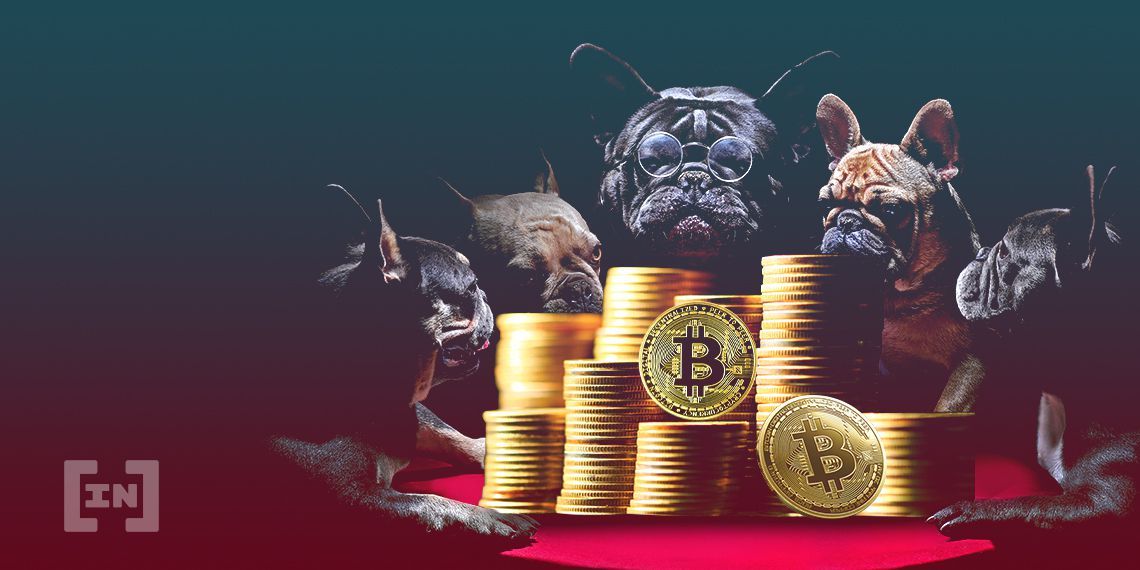On-chain crypto analyst Willy Woo has suggested that a bitcoin futures exchange-traded-fund (ETF) in the United States may be bad for retail investors as it places institutional investors such as hedge funds at an advantage.
“If a bitcoin futures ETF is approved, in my opinion, it will be an expensive way to hold BTC,” said Woo, in an Oct. 8 thread on Twitter. “The exchange-traded-fund effectively outsources the holding of bitcoin to hedge funds through a chain of profit incentives,” he opined.
The U.S. Securities and Exchange Commission (SEC) is largely expected to approve a bitcoin ETF that invests in futures contracts later this month. Applications from Proshares, Invesco, Vaneck and Valkyrie are primed to get the go ahead, according to a Bloomberg report. The crypto market has long-awaited such an approval, believed to be behind bitcoin’s current bullish run.
A bitcoin ETF will generally track the price of BTC, allowing investors to gain exposure to the digital asset, but without actually having to buy it directly themselves. Investors may tend to lean towards ETFs because, among other reasons, its a much easier way to get into bitcoin.
Willy Woo argues that a bitcoin futures exchange-traded-fund has the “potential for price suppression and more volatility due to futures dominance.” That’s because, with time, he expects BTC futures to get more expensive compared to spot due to large, long positions opened by hedge funds.
According to him, hedge funds will invariably sell futures while buying spot “to net the cash and carry profit.” Eventually, hedge funds will “effectively hold spot BTC by proxy for the ETF. The fee being their cash and carry yield (10%+ annualized),” he explained.
Bitcoin capture
The idea is that although a bitcoin futures ETF may be good for mainstream adoption, it might also go “against the decentralized ethos which #BTC stands for,” as one Twitter user responding to Woo highlighted. The on-chain analyst agrees:
“BTC as a decentralized bearer instrument is key. Imagine if all the bitcoin was held as an ETF custodied with one provider. That provider can now change the convertibility ratio, later decouple it as a new fiat. This happened to gold when we were on the monetary gold standard.”
Willy Woo is essentially talking about BTC being captured into the hands of a few hedge funds and big banks, who may end up manipulating the price. Twitter user @IIICapital put it more bluntly: “So basically, a bitcoin futures ETF will be a scam for retail investors.”
SEC chairman Gary Gensler has showed support for bitcoin futures ETFs that “provide significant investor protections”, as stated under the Investments Company Act of 1940.
What do you think about this subject? Write to us and tell us!
Disclaimer
In adherence to the Trust Project guidelines, BeInCrypto is committed to unbiased, transparent reporting. This news article aims to provide accurate, timely information. However, readers are advised to verify facts independently and consult with a professional before making any decisions based on this content. Please note that our Terms and Conditions, Privacy Policy, and Disclaimers have been updated.

